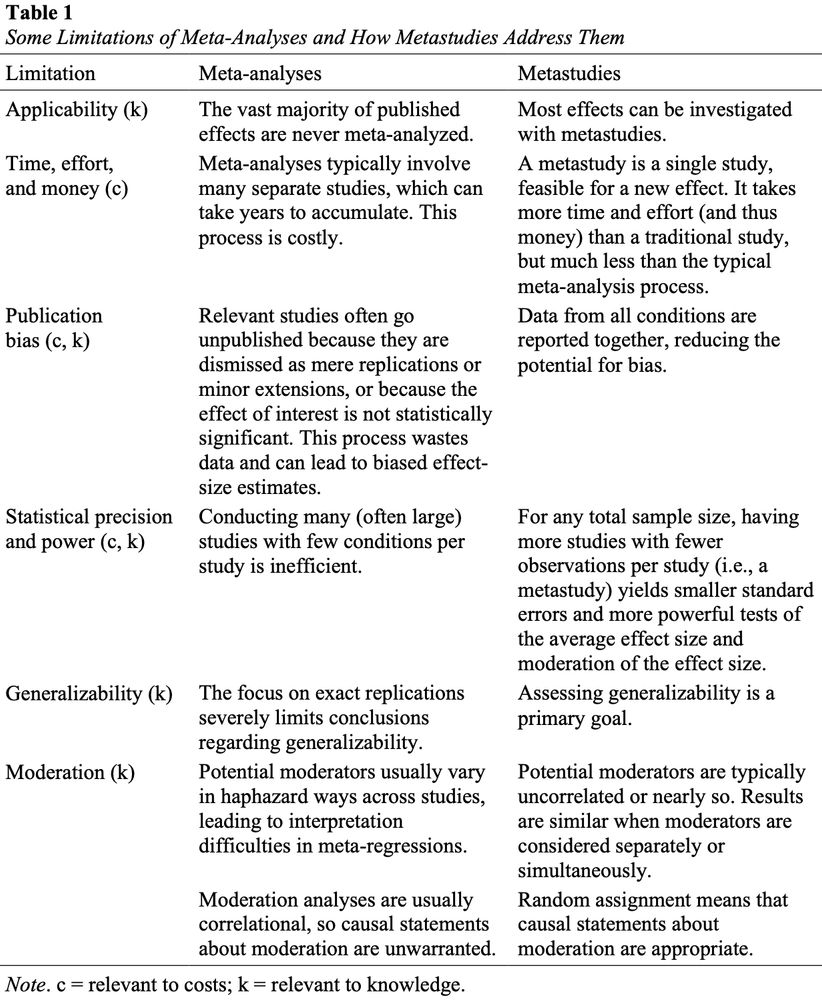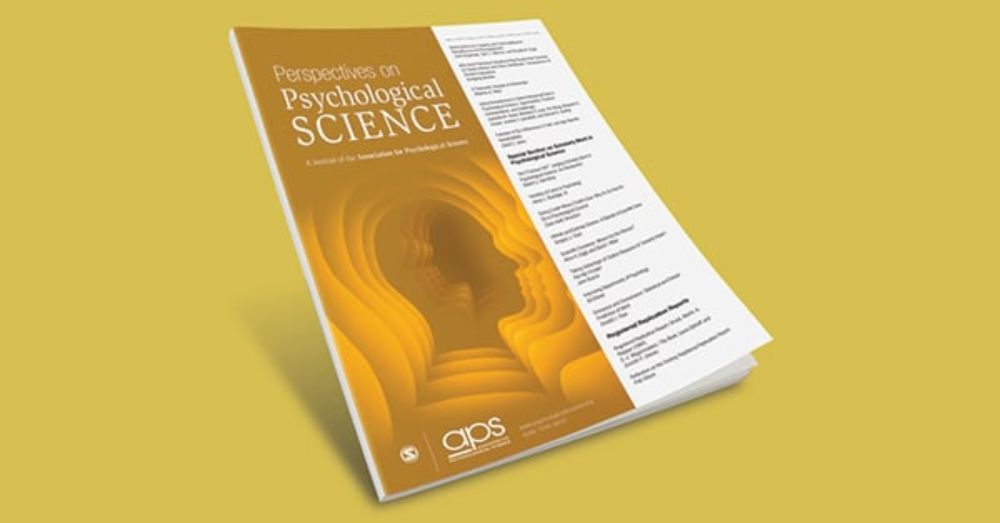
Free postprint: osf.io/preprints/ps...
It's like Simonsohn et al.'s new mix-and-match method, but with more attention to moderation, generalizability, and statistical power.

Free postprint: osf.io/preprints/ps...
It's like Simonsohn et al.'s new mix-and-match method, but with more attention to moderation, generalizability, and statistical power.
Some theories have no place for such negations and so don't make clear predictions. Others predict no framing effect in choices between completely described options.
Some theories have no place for such negations and so don't make clear predictions. Others predict no framing effect in choices between completely described options.
www.npr.org/2025/04/16/n...

www.npr.org/2025/04/16/n...
osf.io/preprints/ps...
osf.io/preprints/ps...

www.pnas.org/doi/full/10....
www.sciencedirect.com/science/arti...
www.pnas.org/doi/full/10....
www.pnas.org/doi/full/10....
www.sciencedirect.com/science/arti...
www.pnas.org/doi/full/10....
We also have follow-ups for framing effects with extreme probabilities, somewhat risky options. See PsyArXiv.

We also have follow-ups for framing effects with extreme probabilities, somewhat risky options. See PsyArXiv.

